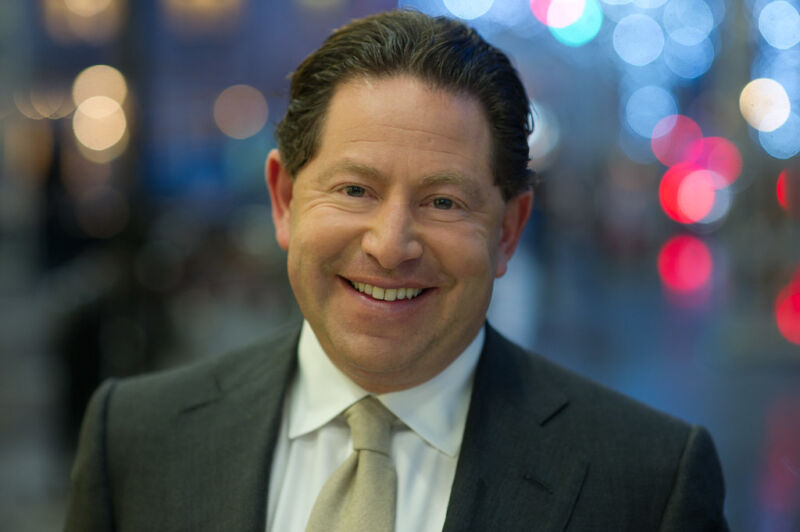
In an email to all Nintendo employees sent Friday and obtained by Fanbyte, Nintendo President Doug Bowser said the reports coming out regarding Activision Blizzard were "distressing and disturbing. They run counter to my values as well as Nintendo’s beliefs, values and policies."
Without getting into specifics, Bowser goes on to say that Nintendo management has been "in contact with Activision, [has] taken action and [is] assessing others.” And Bowser added that Nintendo is working with the industry's leading lobbying group, the ESA, to strengthen its anti-harassment language. “Every company in the industry must create an environment where everyone is respected and treated as equals, and where all understand the consequences of not doing so.”
Bowser's statement makes Nintendo the third of the three major console manufacturers to address the crisis at Activision in internal messages to staff. In a message obtained by Bloomberg last week, Sony PlayStation Chief Jim Ryan told employees the company reached out to Activision to express "deep concern" after last week's Wall Street Journal report. “We do not believe their statements of response properly address the situation," Ryan added.
Shortly after that, Xbox chief Phil Spencer told his employees that Microsoft was "evaluating all aspects of our relationship with Activision Blizzard and making ongoing proactive adjustments" in light of the reports. "This type of behavior has no place in our industry," he added.
“We respect all feedback from our valued partners and are engaging with them further,” Activision said in a statement following Spencer's message. “We have detailed important changes we have implemented in recent weeks, and we will continue to do so. We are committed to the work of ensuring our culture and workplace are safe, diverse, and inclusive. We know it will take time, but we will not stop until we have the best workplace for our team.”
But what are you going to do about it?
Despite the vague talk about "action," there have been no public signs of what specific moves the console makers might be willing to take regarding one of the biggest publishers in the game industry. It's hard to imagine these massive companies refusing to sell the next Call of Duty or Diablo game on their consoles, to cite just two major examples. But it's also hard to imagine anything short of such a profit-sapping move having a significant effect on Activision's board, which continues to publicly stand behind embattled Activision CEO Bobby Kotick.
Late Monday night, the Activision board of directors announced that it is forming a "Workplace Responsibility Committee" to "oversee the Company’s progress in successfully implementing its new policies, procedures, and commitments to improve workplace culture and eliminate all forms of harassment and discrimination at the Company." The committee will be led by two members of the board and will receive regular reports from Kotick, making it unclear how the formation of the new committee will fundamentally alter the power structures already in place at the company.
Kotick is under increasing pressure from many corners to resign, including over 1,800 Activision Blizzard employees who have now signed their names to a petition demanding his removal. Kotick has reportedly told colleagues he would consider resigning if the company's employee misconduct issues aren't fixed "with speed." But Kotick also might need some monetary incentive to resign, considering reports of a $250 million "golden parachute" that would have to be paid out if his position was terminated by the board.Activision Blizzard stock is now down roughly 20 percent since The Wall Street Journal's report broke a week ago, and it's down nearly 32 percent since news of California's lawsuit against the company first broke in July. Despite that, the stock is still up 266 percent since Activision merged with Blizzard in 2007 and has increased even more since the company first went public in 1993. That was just a few years after Kotick and partners bought a controlling stake in the company for $500,000 in 1991.
reader comments
107